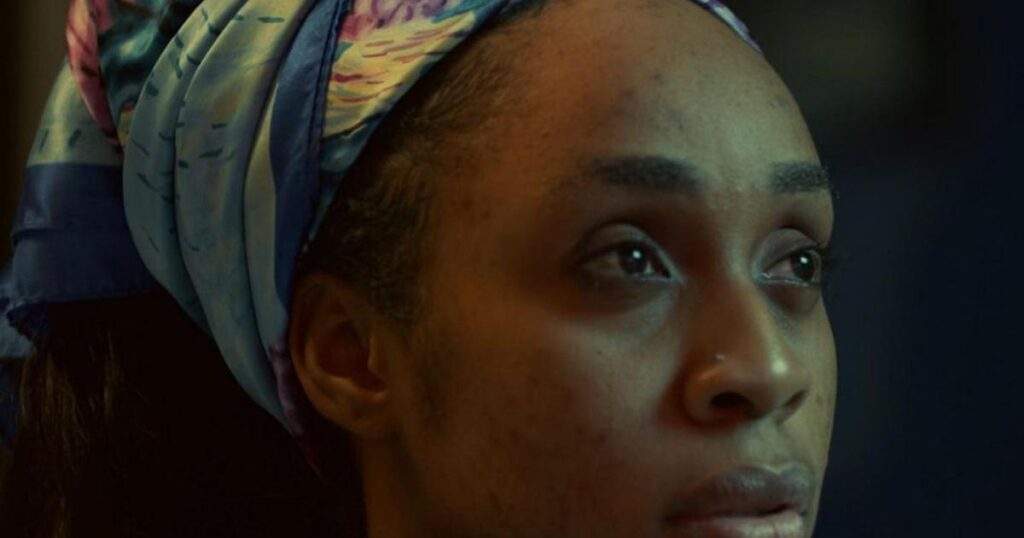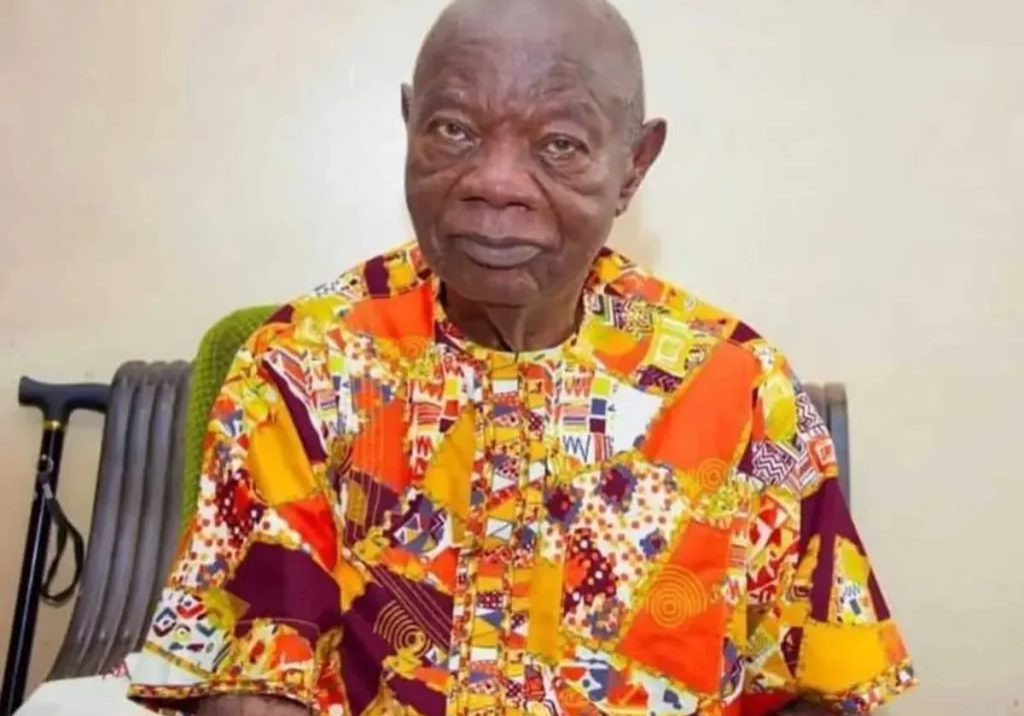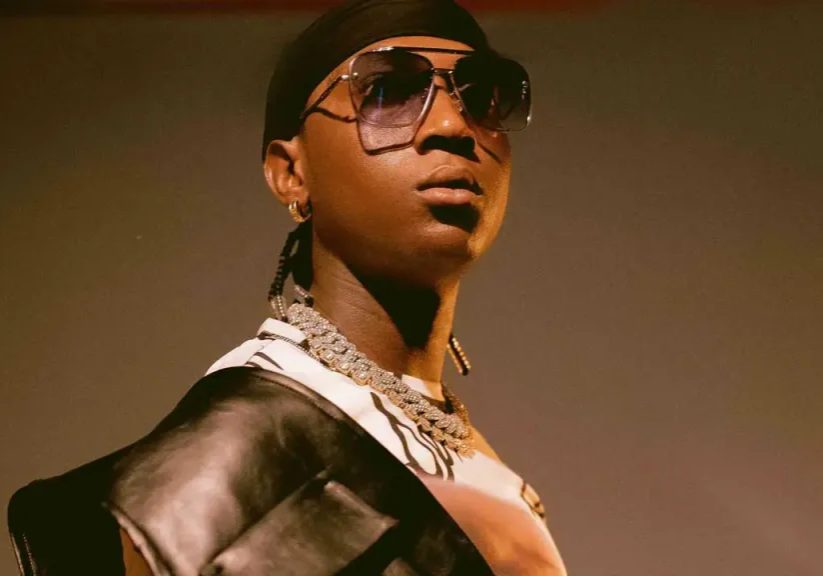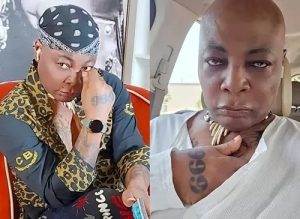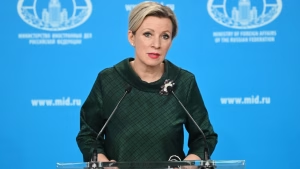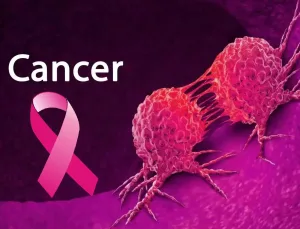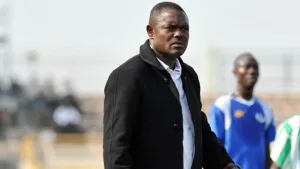Nigeria’s Femicide: The Silent Killer of Humanity
As I write these words, I am flooded with the memories of lives cut short, families ravaged by grief, and a society that continues to perpetuate a culture of violence against women. The latest tragic incidents in Nigeria have brought attention to a plague that is all too familiar – femicide.
The shocking murder of Christianah Idowu, a 24-year-old university student, has sent shockwaves through the nation. Her horrific death has been linked to the long list of violence and abuse suffered by numerous women in Nigeria. As a journalist, it has been my duty to unravel the complexities of this festering wound, to report the stories that often fall under the radar, and to amplify the voices that cry out for justice.
This month, another innocent life was lost when Uganda’s Olympic athlete, Rebecca Cheptegei, was set ablaze by her partner. Her sacrifice has served as a catalyst for conversations about domestic abuse, which often escalates into murder. We should not forget the numerous souls lost to this heinous crime, including those such as Ini Umoren, Deborah Yakubu, and Bamise Ayanwola, who perished at the hands of those who were meant to love and protect them.
It is crucial to challenge the culture of silence surrounding femicide. In conversations about these tragedies, it is easy to shift the attention to the victims’ circumstances, implying that their conduct was somehow responsible for the brutal acts committed against them. This victim-blaming is a disservice to the women who have faced such heinous crimes.
It is time to redefine our narrative. It is time to prioritize the safety of our women and girls by acknowledging the gravity of the epidemic of femicide in our midst. We must shed light on the lives affected, and we must report on the stories that break our hearts.
This task is not easy. There are those who seek to silence us, who are content with the status quo, and who perpetuate the myth that this brutal form of violence is unavoidable. But we must defy this silence. We must give voice to those silenced, and we must illuminate the path to a better future.
In the aftermath of these tragedies, three films have emerged that I believe can serve as testaments to the strength, resilience, and bravery of Nigerian women. Wildflower, directed by Biodun Stephen, is one such film. This remarkable work sheds light on sexual abuse and violence against women, urging society to report such crimes and to break free from the shackles of oppression.
Another powerful cinematic effort is The Delectable Azeezah Sama, a short film that follows a loved figure who endures relentless abuse from her partner. Produced by Desmond Ebuwa Ekunwe and Fisayo Ojabodu, this heart-wrenching story serves as a poignant reminder of the daily struggles faced by numerous women in Nigeria.
This report is not intended as a comprehensive account of every woman who has faced, and continues to face, violence in Nigeria. This report is a testament to the power of journalism – a testament to the vital role that we can play in amplifying the silenced voices and shedding light on the darkest corners of our societies.
We must not stand idly by while crimes of this nature continue to claim innocent lives. As a nation, we can do better. As members of a society that believes in the inherent worth of every human being, it is our duty to defend those who are vulnerable.
Together, we can #EndFemicideNow.

